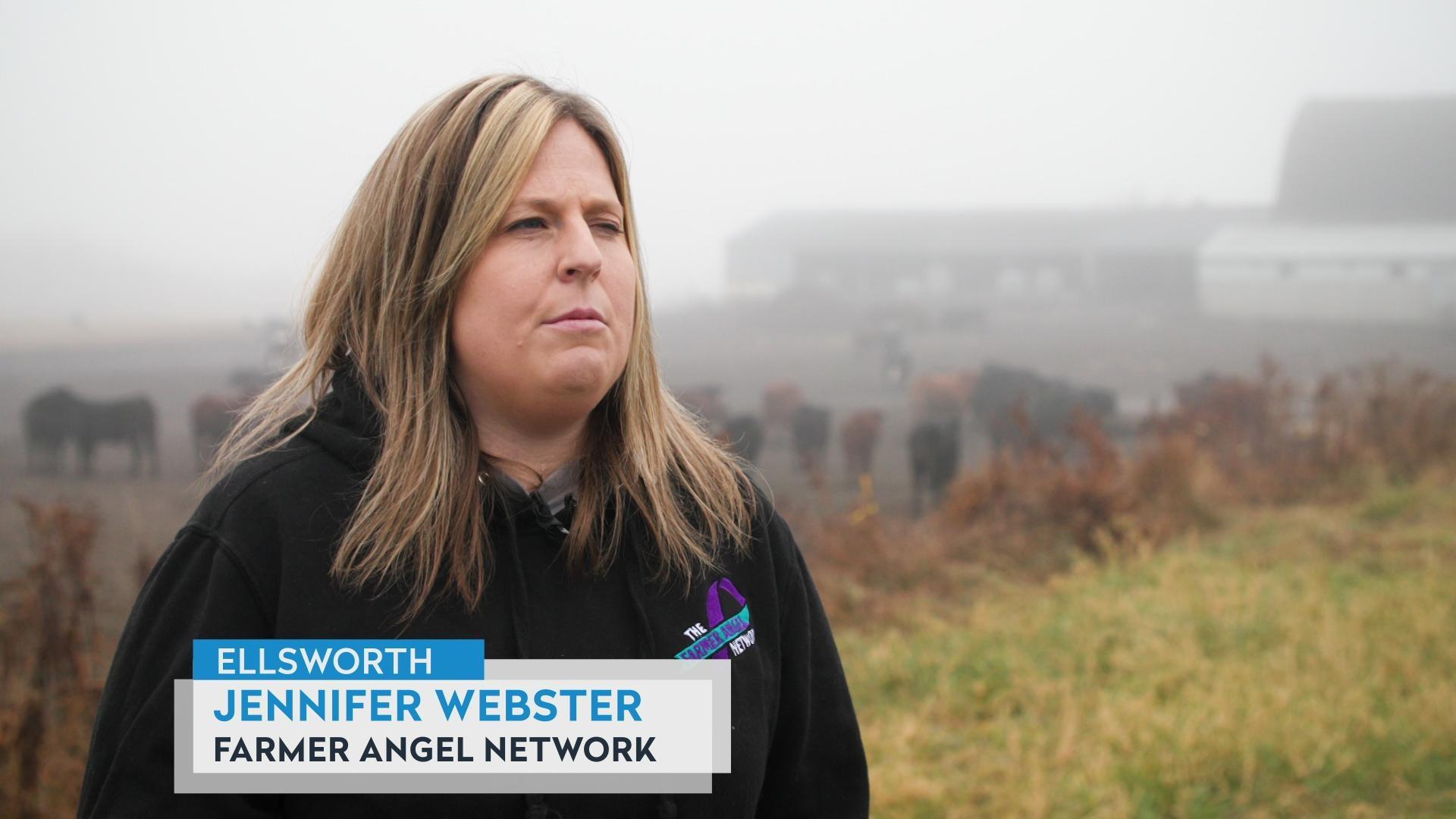Wisconsin's roller coaster housing market for millennials
A Madison couple seeking to purchase their first home face the difficulties of a competitive and expensive housing market.
By Marisa Wojcik | Here & Now
April 15, 2022 • South Central Region
"Here & Now" series producer Marisa Wojcik shares the story of a Madison couple seeking to purchase their first home as they face the difficulties of a competitive and expensive housing market.
For many people wanting to purchase, low interest rates set off a home-buying craze and low supply sent house prices soaring. This market hits hard for millennials — in the peak home-buying age — who have to make tough choices their parents never did.
“It’s like each week we put an offer on a house,” said Amy Sampson. “With the market the way it is, all those offers were between like $15,000 and $50,000 over the list price. And just saying that out loud is scary.”
“It’s really hard to keep your spirits up doing that every week,” added Rebecca LeBeau.
LeBeau and Sampson describe the realty reality that many first-time homebuyers are going through, particularly millennials.
“We were just ready to put our roots down here,” LeBeau said. “We were definitely really nervous to start out, and not sure if we figured we would struggle. I don’t think we were expecting quite the struggle that it has been.”
For six straight weeks, the Madison couple was making offer after offer.
“We bet on one house we bid $40,000 over on one house and ended up going for $75,000 over. And that was, I think, one of the lower points so far,” LeBeau noted.
“It’s hard when there’s not a hard logic to do it the way we’re doing it, it’s just this is the game you have to play to get in the house,” said Lindsey Cooper, a Realtor with Lauer Realty Group in Madison.
A disorienting and emotional rollercoaster — and in the current housing market, unavoidable.
“There’s a lot of cases where people can’t afford to be their own neighbor. And so it’s just getting tighter and tighter,” Cooper said.
As their Realtor, Cooper guided LeBeau and Sampson through the difficult process of finding their home.
“I was already in January writing offers that were 10-20% above asking, with limited contingencies and lots of forgiveness. It was just what needed to be done,” said Cooper.
“You know, if you talk to the listing agent and they have 15 other offers and they’re strong, you just don’t have any other option but to be as competitive as you can be,” she added.
A perfect storm of factors have led to this point of high demand and low supply.
“When the pandemic started heating up, the market essentially just got tight. People didn’t want to leave their home. They were scared about their health and safety. Construction kind of came apart at the seams, because supply was really tricky. Prices were skyrocketing,” said Cooper.
Her clients were determined and perhaps more importantly, patient. Finally, they got an accepted offer.
“That week was spring break, and it seemed like everybody was waiting to post their houses on spring break week. So that ended up being a lot of supply that week,” Sampson said.
“It’s a two bedroom house on the east side,” said LeBeau. “It’s not the biggest house, but it’s like a great starter house for us to grow into.:”
But even their happy ending came with its own contingencies.
“We’re making decisions that our parents never had to make about, like, if buying a house is important to us, then we’re maybe not going to have kids, or we’re going to have one kid instead of two kids,” LeBeau said. “I see articles about millennials not having kids, and it’s like, yeah, we can’t afford houses, daycare is the same as a mortgage, like, how are we going to do that? There’s just no way to do that. And so we’re having those conversations like, OK, maybe kids aren’t for us if we can’t afford them.”
“We’ll just build our cats a really nice cat-io,” added Sampson.
 Passport
Passport











Follow Us